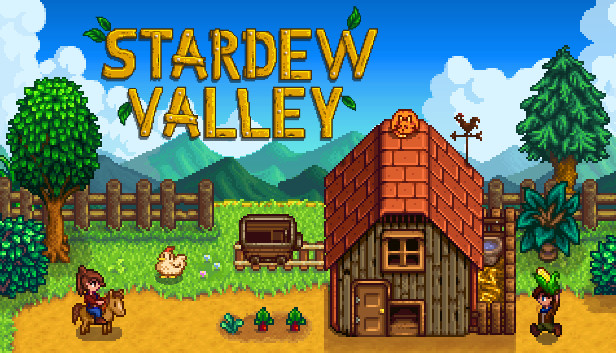Hidden Agenda- Reception Theory
- Nick Saward
- Sep 16, 2021
- 3 min read

Hidden agenda is a mystery/thriller. It is also a game that revolves around your choices and therefore the consequences of them.
The game was made by supermassive games and after its amazing game Until Dawn there were high expectations for this game. However, a lot of people felt that this game did not live up to the standards of Until Dawn.
Therefore, we can apply Stuart Hall’s reception theory which is the theory that in a media text there are three different ways an audience can read a text. These three ways are firstly the dominant reading which is the way the company who made the media product intended the product to be understood and it has by the audience. Secondly there is the negotiated reading where the reading is slightly altered to fit the audiences' individual experiences. Finally, there is the oppositional reading where the audiences reading of the product is completely not what the company intended.
This game is having many appeals firstly not only is it the new genre of choice and consequence games that have grown massively in popularity over the years but it is the one of the first of this type of game to be designed to be played on PlayLink. PlayLink is designed by Sony interactive entertainment and is a software where games are designed individually so that you can connect with an app within your phone and play off of it.
With also the choice of up to six people playing there are also two options of different game mode story or competitive mode. The first one being story mode where you will work together with your friends to find the clues and the killer. Whereas, in competitive mode you will get secret agendas (hidden agenda) and you can either convince your friends to do this or use a takeover card to automatically go with your decision.
With all these features in mind it is obvious that the producers of this game wanted it to be fun and interactive with friends and fun to try and find the killer.
However, I believe that a big amount of people who played did end up taking an oppositional reading to this product. There are a lot of reasons people were not happy with the game. Some people rejected that idea of using phones and rather have the choice of being able to play with controller. Also, linking not being able to use controller, using phones also causes a lot of lags within the game especially when cutting to new scenes and delayed responses for example when finding clues. Also, the design for the characters is sometimes a bit off from when they talk or their movements. To add to this people overall felt that the stories execution was rushed and therefore sloppy and predictable. It also felt like the story didn’t reach its fully potential.
Bearing that this had to live up to a very successful game while trying out the new style of PlayLink I would say I personally took a negotiated reading to this game. I definitely love the movie feel to the game and I personally love gathering friends to play this game with and for people like me I think it is a great new ‘party game.’ However, as a game lover and having high expectations from Until Dawn I do believe that the story didn’t reach its full potential and, in some ways, sloppy. Also, while it didn’t bother me throughout the whole game there were some parts where the lag and design fails were hard to ignore especially in a game that takes itself seriously.




Reception Theory is always an interesting one when it comes to reception theory because there are so many different 'criteria' (for want of a better word) to measure the intentions of the Encoder - not just story, themes & character identification but also gameplay, quality of graphics & levels of interactivity - and then of course there is also the format on which you play the game!
It's interesting that you have centred your reading around the playability aspect of this new game and how others have responded negatively to this based on the format of playing on a phone - this feels very much like it is based on their 'Situated Culture' (what David Morley calls 'The Politics of…